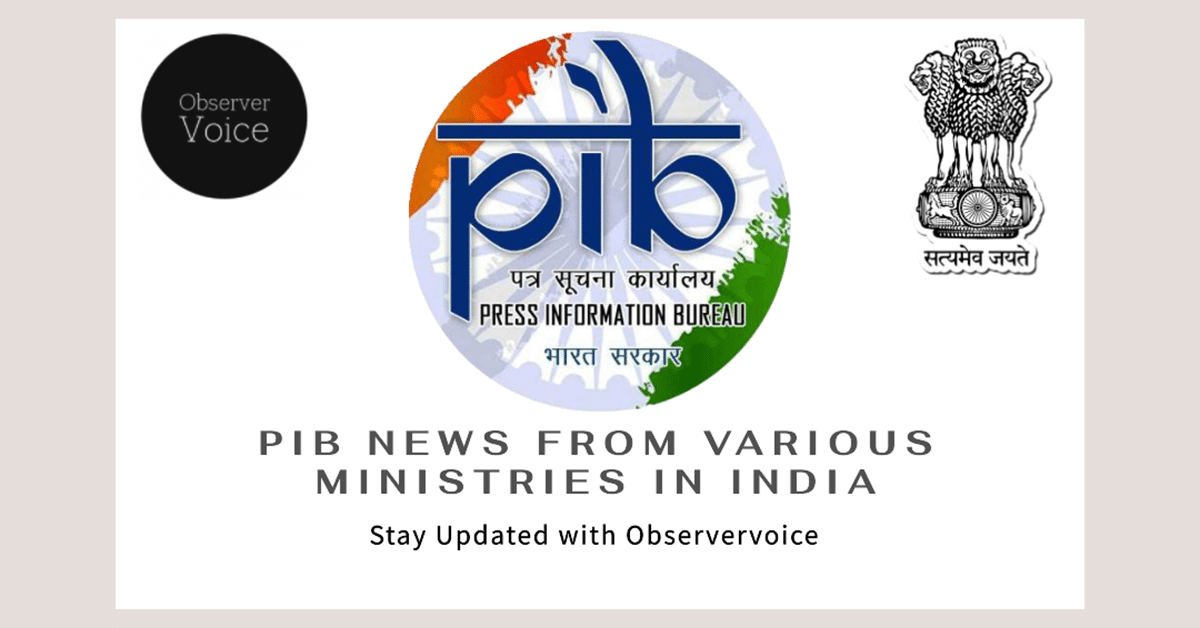Comprehensive Rehabilitation for Beggars in India

The Indian government has launched the SMILE sub-scheme, aimed at the comprehensive rehabilitation of individuals engaged in begging, including children. This initiative is currently operational in 81 cities and towns across the country, particularly those of religious, historical, and tourist significance. As of now, the program has identified 7,660 individuals involved in begging, with 970 of them successfully rehabilitated. Among these, 352 are children, and significant efforts have been made to reintegrate them into society. This article explores the details of the SMILE sub-scheme, its impact, and the cities involved in this initiative.
Objectives of the SMILE Sub-Scheme
The SMILE sub-scheme aims to provide a holistic approach to rehabilitating individuals engaged in begging. The initiative focuses on identifying the root causes of begging and addressing them through various support systems. The government aims to provide shelter, education, and vocational training to these individuals, enabling them to lead a dignified life.
The rehabilitation process involves several steps. First, individuals are identified and assessed to understand their specific needs. For children, the focus is on reuniting them with their families whenever possible. In cases where family reunification is not feasible, children are placed in Anganwadis or handed over to Child Welfare Committees. Additionally, many children have been enrolled in schools to ensure they receive a proper education.
The scheme also emphasizes the importance of community involvement and awareness. By educating the public about the challenges faced by individuals who beg, the government hopes to foster a more compassionate society that supports rehabilitation efforts.
Cities and Towns Covered Under the Scheme
The SMILE sub-scheme is implemented in various cities and towns across India, each selected for its religious, historical, or tourist significance. Some of the notable locations include Tirupati, Visakhapatnam, and Vijayawada in Andhra Pradesh; Guwahati and Tezpur in Assam; and Bodh Gaya and Patna in Bihar.
The selection of these cities is strategic, as they attract a large number of visitors, which can lead to increased visibility of begging. By focusing on these areas, the government aims to address the issue of begging in a more targeted manner. The initiative not only seeks to rehabilitate individuals but also aims to enhance the overall image of these cities as tourist destinations.
The comprehensive list of cities involved in the SMILE sub-scheme includes major urban centers and smaller towns, ensuring that the program reaches a diverse population. This broad coverage is essential for addressing the issue of begging in various contexts and environments.
Progress and Future Directions
As of now, the SMILE sub-scheme has made significant strides in rehabilitating individuals engaged in begging. The identification of 7,660 individuals and the successful rehabilitation of 970 individuals, including 352 children, are commendable achievements. However, the journey is far from over. Continuous efforts are needed to ensure that these individuals do not return to begging and can sustain themselves through education and vocational training.
The government plans to expand the program further, focusing on increasing awareness and community involvement. By collaborating with NGOs and local organizations, the scheme aims to create a more robust support system for individuals transitioning out of begging.
Moreover, the government is exploring additional funding and resources to enhance the program’s effectiveness. This includes providing better facilities for rehabilitation and training, as well as increasing outreach efforts to identify more individuals in need of assistance.
In conclusion, the SMILE sub-scheme represents a significant step towards addressing the complex issue of begging in India. With continued support and expansion, it has the potential to transform the lives of many individuals and contribute to a more inclusive society.
Observer Voice is the one stop site for National, International news, Sports, Editor’s Choice, Art/culture contents, Quotes and much more. We also cover historical contents. Historical contents includes World History, Indian History, and what happened today. The website also covers Entertainment across the India and World.
Follow Us on Twitter, Instagram, Facebook, & LinkedIn

